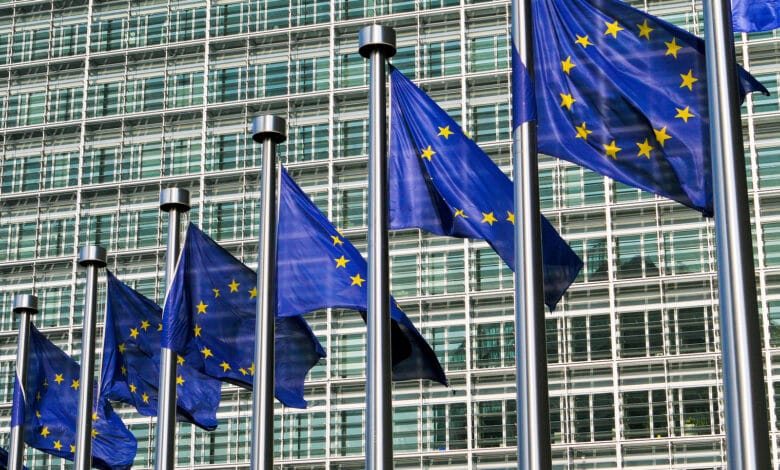
Are you also annoyed by inbox ads from your mail provider? Quite rightly! This has now been made clear by the European Court of Justice (ECJ) in answering some significant questions. In the eyes of the judges, such advertising is almost spam.
E-Privacy Directive violated
Many email providers regularly bombard their customers with inbox advertisements. In particular, users who “only” have a free account regularly receive provider advertisements in their own inboxes. Now Europe’s highest court, the ECJ, has made a few clarifications in this regard. In the view of the judges, this practice affects the “ePrivacy Directive”. This directive, which came into being in 2002, deals, among other things, with illegal direct advertising (spam). But one could not generalize here. The ECJ also stated that in the case of consent, a specific examination must be carried out.
The initial case for the clarification by the ECJ was a lawsuit filed by “Städtische Werke Lauf a.d. Pegnitz (StWL)”. These were defending themselves in court against advertising measures of the well-known electricity provider and competitor Eprimo. The company from the Eon Group had placed advertisements in the inboxes of users of the T-Online e-mail service. As these were declared as inbox advertisements, they did not end up in spam folders. This is not an untypical tactic. Other providers such as GMX or web.de also resort to such measures.
Violation of competition law?
As part of their complaint, the municipal utilities referred to the regulations on unfair competition. The actions of Eprimo and T-Online were simply not in line with the same. The company justified its action by stating that although it was not an e-mail in the conventional sense, ordinary consumers would not be able to understand it. After all, it only bears the small addition “advertisement”. As a result, StWL took Eprimo to Nuremberg Regional Court to seek an injunction. With success. The competent judges ruled in favor of StWL and ordered Eprimo to refrain from such advertising in the future.
Naturally, the Eon subsidiary appealed and was successful. At the Nuremberg Higher Regional Court, the judges had a different opinion. They did not consider the regulations of unfair competition to be affected and ruled in favor of Eprimo. Now it was StWL’s turn again. Both parties appealed to Germany’s highest civil court, the Federal Supreme Court. The BGH saw only one way out of the question of whether inbox advertising could be considered spam. So the judges appealed to the ECJ and asked for clarification of the legal issues. Here, the main issue was the interpretation and correct classification of inbox advertising.
EuGH refers to older ruling
For the responsible judges at the ECJ, the German legal dispute is not a completely new topic. After all, the ECJ has already had to deal with a similar issue in the past. According to the judges, Case C-102/20 made it clear that the purpose of the E-Privacy Directive is to protect Internet subscribers in particular from unwanted messages that serve advertising purposes. This direct advertising constitutes a violation of privacy. In the eyes of the judges, the technology used is irrelevant. The ECJ made it clear that it is already the distribution by e-mail that makes inbox advertising subject to the provisions of the e-privacy directive. It is also irrelevant that the addressee is selected only randomly and not specifically.
Is there consent?
So it is clear that inbox advertising can be covered by the e-privacy directive. But the court still has to clarify another important question. For example, there is the question of the extent to which consent affects the whole thing. The ECJ says in this regard, a corresponding consent
“must be expressed in an expression of the will of the person concerned, given without coercion, for the specific case and in full knowledge of the facts.”
The task of the BGH is now to find out to what extent the affected user is
“was properly informed about the exact modalities of the dissemination of such advertising and actually consented to receive advertising messages.”
If this was the case, it was namely strictly speaking not unsolicited advertising within the meaning of the e-Privacy Directive. What the judges of the ECJ but already jetüzt confirmed, is the equality between spam and inbox advertising brought forth by the plaintiff. After all, the message marked “advertisement” also hinders the rest of the e-mail traffic in a similar way as spam messages do.



